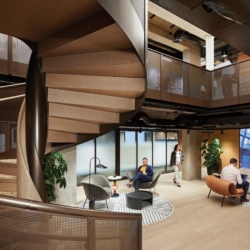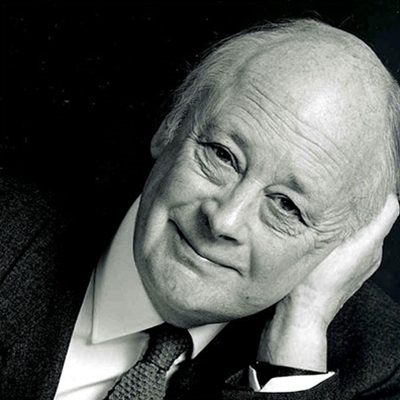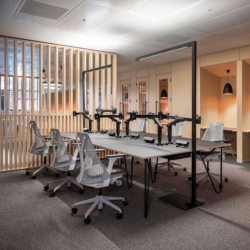January 29, 2014
Modern romance: advice to employers on managing workplace relationships
Despite all the cautionary tales regarding the dangers of office romance, countless employees start up relationships with co-workers every year. Whether sparks fly over the work photocopier or more likely, on a Friday night in the pub after work, the workplace still beats the internet for finding romance. The sheer number of hours we spend with colleagues together with the stresses and strains of work, can lead to close friendships that may go on to become a relationship further down the line. Research shows that couples who met at work are most likely to marry. However, the fact is that many relationships can and do fail and this is no less so for workplace relationships. Whilst clearly there are issues for the people involved to manage, it can also create headaches for employers. (more…)


































April 30, 2025
The world needs amazing leaders like never before. But where are they?
by Dana Maor • Business, Comment, Workplace